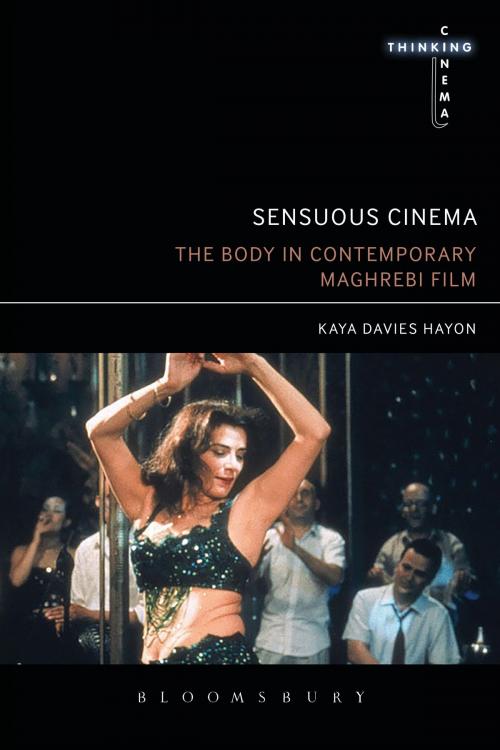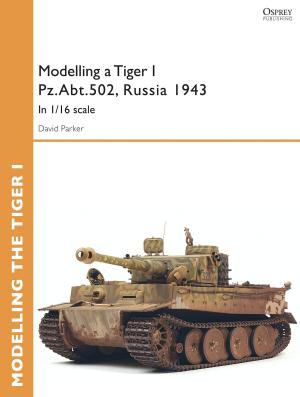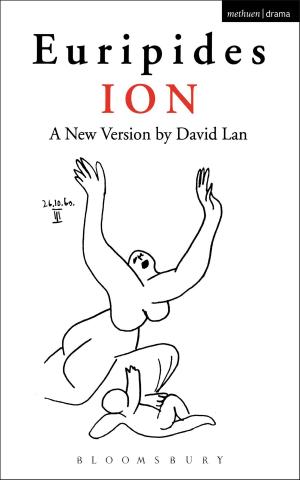Sensuous Cinema
The Body in Contemporary Maghrebi Film
Nonfiction, Entertainment, Performing Arts, Film, Religion & Spirituality, Philosophy| Author: | Dr Kaya Davies Hayon | ISBN: | 9781501335990 |
| Publisher: | Bloomsbury Publishing | Publication: | August 9, 2018 |
| Imprint: | Bloomsbury Academic | Language: | English |
| Author: | Dr Kaya Davies Hayon |
| ISBN: | 9781501335990 |
| Publisher: | Bloomsbury Publishing |
| Publication: | August 9, 2018 |
| Imprint: | Bloomsbury Academic |
| Language: | English |
Sensuous Cinema: The Body in Contemporary Maghrebi Film examines a cluster of recent films that feature Maghrebi(-French) people and position corporeality as a site through which subjectivity and self-other relations are constituted and experienced. These films are set in and between the countries of the Maghreb, France and, to a lesser degree, Switzerland, and often adopt a sensual aesthetic that prioritizes embodied knowledge, the interrelation of the senses and the material realities of emotional experience. However, despite the importance of the body in these films, no study to date has taken corporeality as its primary point of concern.
This new addition to the Thinking Cinema series interweaves corporeal phenomenology with theological and feminist scholarship on the body from the Maghreb and the Middle East to examine how Maghrebi(-French) people of different genders, ethnicities, sexualities, ages and classes have been represented corporeally in contemporary Maghrebi and French cinemas. Via detailed textual and phenomenological analyses of films such as Red Satin (Amari 2002), Exiles (Gatlif 2004), Couscous (Kechiche 2007) and Salvation Army (Taïa 2014), Kaya Hayon Davies conveys the pivotal role that corporeality plays in articulating identity and the emotions in these films.
Sensuous Cinema: The Body in Contemporary Maghrebi Film examines a cluster of recent films that feature Maghrebi(-French) people and position corporeality as a site through which subjectivity and self-other relations are constituted and experienced. These films are set in and between the countries of the Maghreb, France and, to a lesser degree, Switzerland, and often adopt a sensual aesthetic that prioritizes embodied knowledge, the interrelation of the senses and the material realities of emotional experience. However, despite the importance of the body in these films, no study to date has taken corporeality as its primary point of concern.
This new addition to the Thinking Cinema series interweaves corporeal phenomenology with theological and feminist scholarship on the body from the Maghreb and the Middle East to examine how Maghrebi(-French) people of different genders, ethnicities, sexualities, ages and classes have been represented corporeally in contemporary Maghrebi and French cinemas. Via detailed textual and phenomenological analyses of films such as Red Satin (Amari 2002), Exiles (Gatlif 2004), Couscous (Kechiche 2007) and Salvation Army (Taïa 2014), Kaya Hayon Davies conveys the pivotal role that corporeality plays in articulating identity and the emotions in these films.















